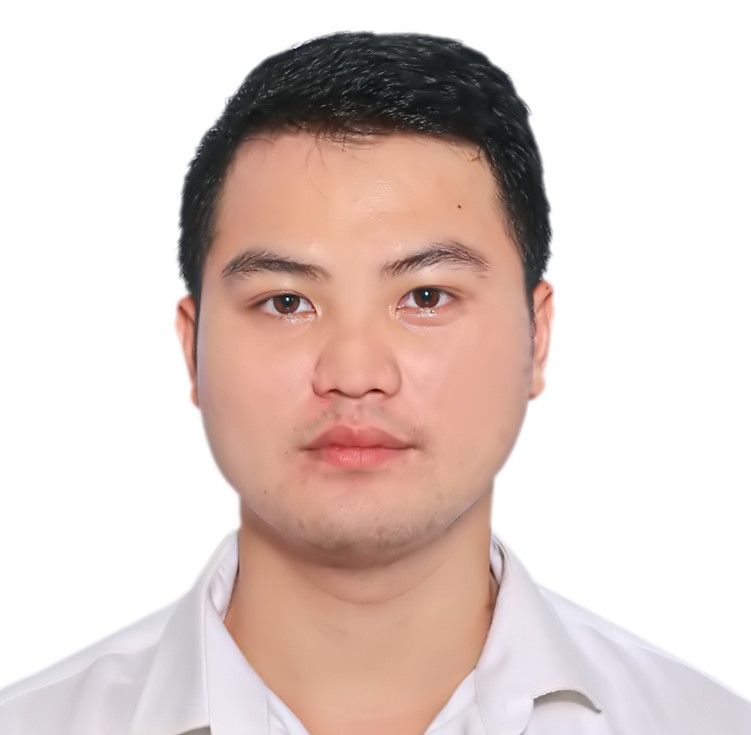
Xê-mi-na khoa học
16/03/2021: ThS. Lê Trung Thành (AVITECH), Adaptive algorithms for tensor tracking
Tensor decomposition that factorizes a tensor (i.e., multiway arrays) into a sequence of basic components has become a popular analysis tool for processing high-dimensional and multivariate data. In online applications, data acquisition is often a time-varying process in which data are serially collected or changing with time. This has led to defining a variant of tensor decomposition, namely adaptive (online) tensor decomposition or tensor tracking. In this seminar, we introduce two provable adaptive tensor tracking algorithms under the two wellknown tensor formats: Canonical Polyadic (CP) and Tucker. Both algorithms are fast and require a low computational complexity and memory storage. A unified convergence analysis is presented for the proposed algorithms to justify their performance. Experiments indicate that the two proposed algorithms are capable of the adaptive tensor decomposition problem with competitive performance on both synthetic and real data
Speaker: ThS. Lê Trung Thành, AVITECH
Time: 15:30, Tuesday, March 16, 2021
Venue: G2-315, 144 Xuan Thuy, Cau Giay, Hanoi

Le Trung Thanh received B.Sc. and M.Sc. degrees in Electronics and Telecommunications from the VNU University of Engineering and Technology (VNU-UET), a member of Vietnam National University, Hanoi (VNU) in 2016 and 2018 respectively. He is now pursuing his Ph.D. study at the University of Orleans, France. His research interests include signal processing, subspace tracking, tensor analysis, and system identification.
